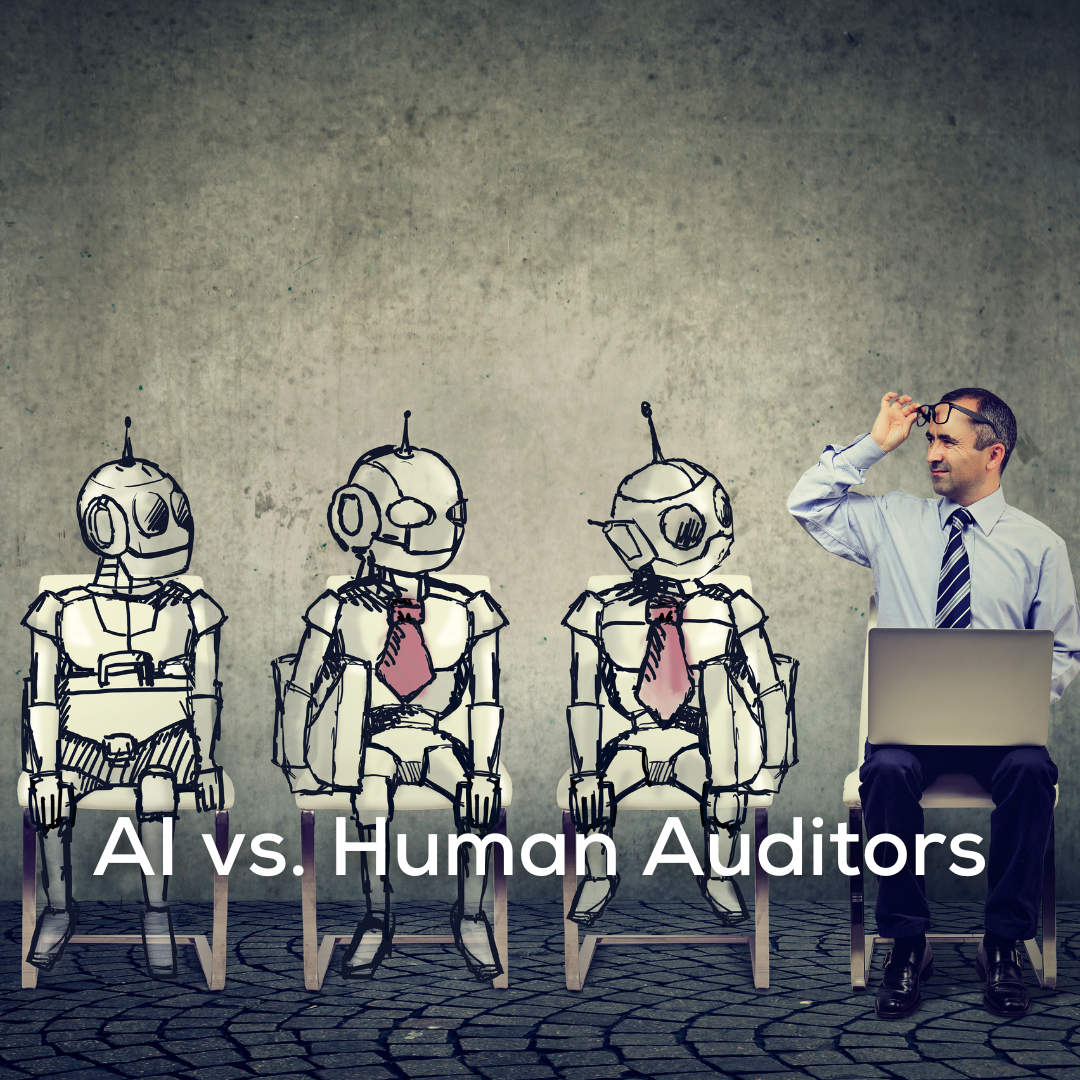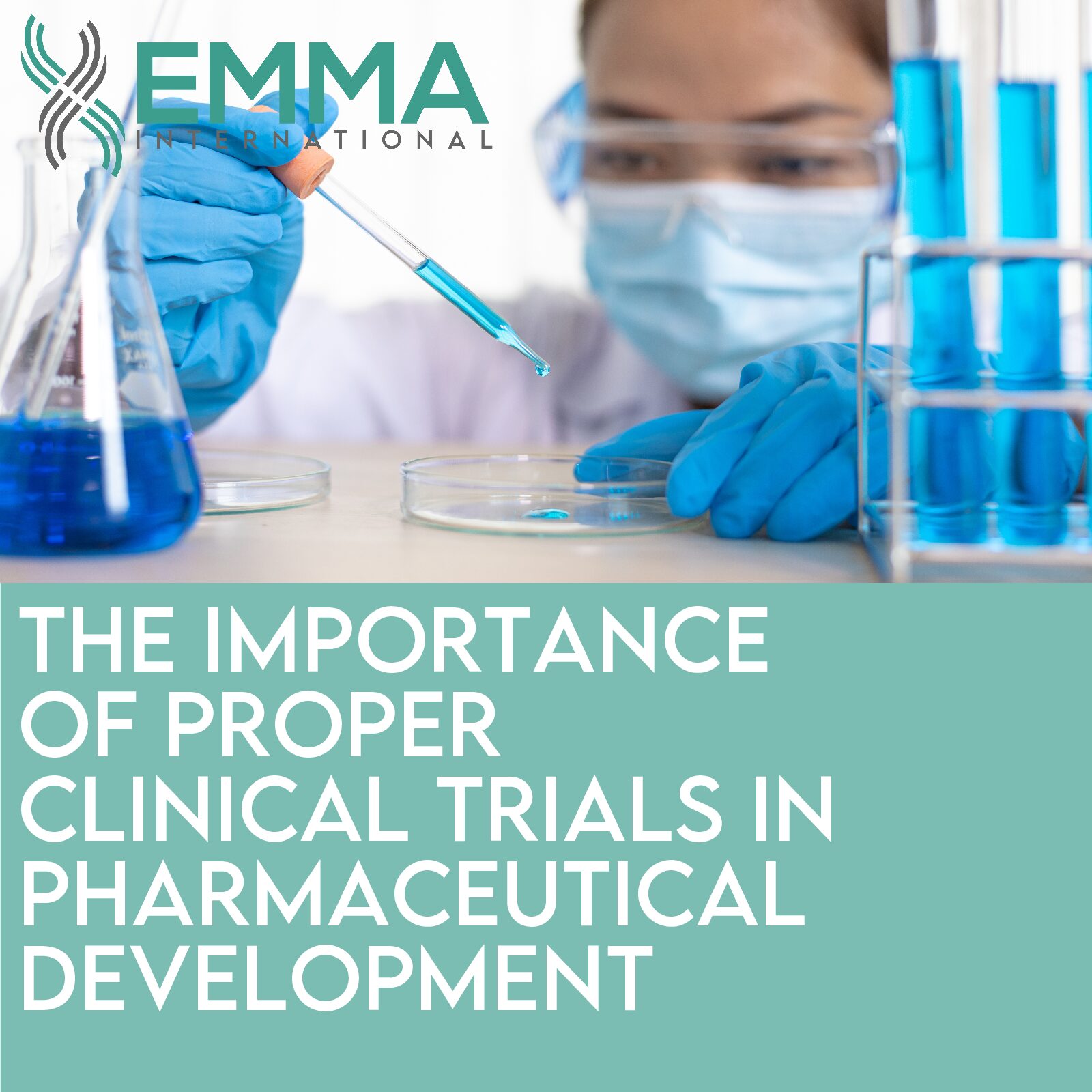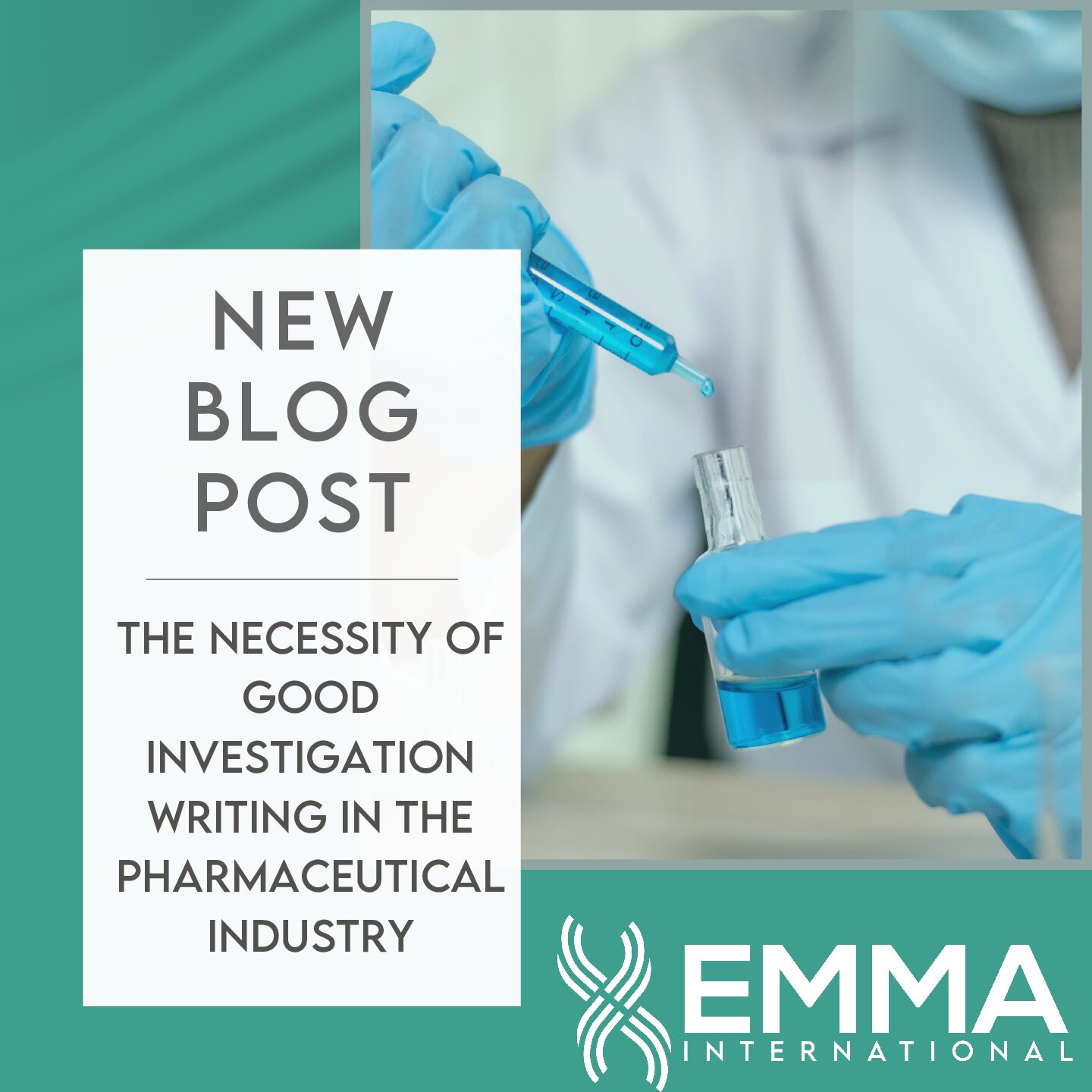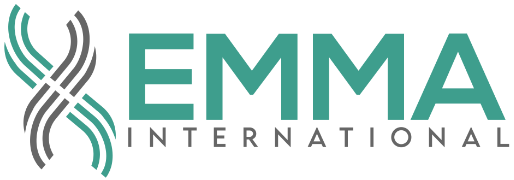The regulatory landscape is evolving, and artificial intelligence is becoming an increasingly prominent player in the auditing process. The FDA has been leveraging AI-driven tools to enhance compliance monitoring, detect anomalies, and streamline inspections. While human auditors bring experience, intuition, and contextual understanding, AI offers unparalleled speed, consistency, and data-processing capabilities. The question remains: who is the better FDA auditor—AI or human experts?
The Strengths of AI in FDA Auditing
AI has revolutionized data analysis, allowing regulators to identify trends, flag inconsistencies, and predict compliance risks with greater efficiency than ever before. By sifting through vast amounts of documentation, AI systems can detect patterns that might go unnoticed by human auditors. The ability to cross-reference real-time data with historical compliance records enables AI-driven auditing tools to highlight red flags before they become major violations. Predictive analytics also help regulatory agencies and companies proactively address potential compliance issues before they escalate.
Speed is another area where AI has a clear advantage. Traditional audits can be time-consuming, requiring months of manual data review and on-site inspections. AI can process thousands of reports, batch records, and quality control logs in a fraction of the time. Automation reduces human error, ensuring a more consistent evaluation process across multiple cases. As a result, regulatory agencies can conduct more frequent and thorough assessments, improving overall compliance standards.
The Human Element in Auditing
Despite the advantages of AI, human auditors remain indispensable. Regulatory compliance is not just about data and pattern recognition; it involves critical thinking, professional judgment, and the ability to interpret context. Human auditors can assess the nuances of facility conditions, employee behaviors, and company culture—factors that are difficult to quantify but can significantly impact compliance outcomes. The ability to conduct in-depth interviews, ask follow-up questions, and observe manufacturing environments in real-time gives human auditors an edge in understanding the broader implications of regulatory adherence.
AI, while efficient, lacks the flexibility and adaptability of human auditors. Compliance violations are not always clear-cut, and regulatory decisions often require subjective assessment. Human expertise is crucial in situations where companies operate in gray areas, requiring interpretation beyond what an algorithm can provide. Additionally, ethical considerations in auditing, such as confidentiality, accountability, and regulatory discretion, still require human oversight.
The Future: A Collaborative Approach
Rather than viewing AI and human auditors as competitors, the future of FDA auditing will likely rely on a hybrid approach that leverages the strengths of both. AI can handle the heavy lifting of data analysis, predictive modeling, and risk assessment, allowing human auditors to focus on higher-level investigations and decision-making. Companies that integrate AI-driven compliance tools alongside experienced auditors will benefit from greater efficiency while maintaining the critical judgment necessary for nuanced regulatory oversight.
At EMMA International, we help pharmaceutical and medical device companies navigate evolving FDA regulations by combining cutting-edge compliance technologies with expert regulatory consulting. As AI continues to reshape the auditing landscape, companies must prepare for a future where automation and human expertise work together to ensure compliance excellence.
For guidance on integrating AI into your compliance strategy or preparing for FDA audits, contact EMMA International at 248-987-4497 or email info@emmainternational.com.
References:
[1] U.S. Food and Drug Administration (FDA) (2025) AI in Regulatory Compliance, Retrieved on 6 February, 2025, from: https://www.fda.gov/regulatory-information
[2] European Medicines Agency (EMA) (2025) The Role of AI in Auditing, Retrieved on 6 February, 2025, from: https://www.ema.europa.eu/en/human-regulatory [3] National Institutes of Health (NIH) (2025) The Future of AI in Compliance, Retrieved on 6 February, 2025, from: https://www.nih.gov/research-training






